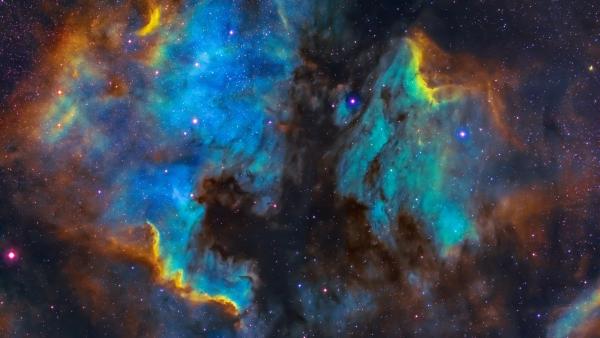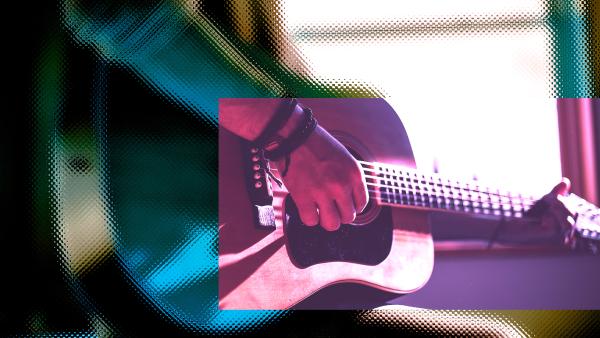Photographer Rachel Sussman has documented 30 of the oldest living things in the world. Beautiful and romantic, her photos document both the adaptation and fragility inherent to surviving for tens of thousands of years.
Science
Suzanne Simard is a forest ecologist who's revolutionizing our understanding of trees. She has discovered that trees use underground networks to communicate and cooperate with each other. It turns out that whole forests can exist as a superorganism.
Where do you find crazy ideas and some of the world's smartest people? In theoretical physics - the world of parallel universes, super strings and black holes. We go on a whirlwind tour of the universe - from the multiverse to an imaginary walk on Mars.
In 2004, Anne Duke was in the final of the World Series of Poker. She won, but that's not the entire story. It's how she won that became legendary.
Psychologists John and Julie Gottman are famous for being able to predict with 94% accuracy whether a couple will break up, stay together unhappily, or stay together happily.
We peer into one of the most fascinating investigations of consciousness: Stanislav Grof's pioneering study of LSD.
Famous for his stories of people with brain disorders, Oliver Sacks wrote a lot about neurological mysteries, like the way a song can activate parts of the brain that language can’t even touch.
Psychiatrist Iain McGilchrist says most neuroscientists have downplayed the differences between the left and right sides of the brain. He says he thinks the left hemisphere has become so dominant in Western culture that we're losing the sense of what makes us human.








